Journal Explores Power of Youth to Effect Political Change Special issue featuring UCLA Luskin contributions aims to amplify the voices of youth within a system that often ignores them
A new issue of the Journal of Applied Developmental Psychology sheds light on the power of young people to effect political change even as their contributions are devalued or disregarded.
Published in the wake of the tumultuous 2020 election year, the special issue includes seven research papers and two commentaries that expand our understanding of political engagement among American youth, said Associate Professor of Social Welfare Laura Wray-Lake, who co-edited the issue with Benjamin Oosterhoff of Montana State University.
“Rapid changes in technology, growing political division and persistent experiences of racial injustice create a civic landscape that will have lasting effects on how young people approach politics for years to come,” Wray-Lake and Oosterhoff wrote.
The volume aims to amplify the voices of youth within a system that often ignores them and provide guidance to policymakers seeking to promote civic responsibility.
“Investment in young people’s political development should be an ongoing endeavor to improve the democratic health and functioning of our nation,” the editors wrote.
The special issue includes a commentary by Associate Professor of Social Welfare Carlos Santos, who argued for expanding the use of qualitative research methods to capture lived experiences of youth and “uncover the unique interplay between multiple sources of oppression and privilege.”
Research led by Veronica Terriquez, who will join the Urban Planning faculty this fall, is also featured in the volume. Terriquez’s study of Latino youth in California’s Central Valley shows how peer-to-peer organizing can be effective in mobilizing political movements even in regions hostile to immigrants and other communities of color.
Other contributors weigh in on structural barriers to youth political participation, including voting age restrictions and socioeconomic inequalities; the ability of Black youth to use critical reflection and political action to cope with individual, cultural and structural racism; the different ways that young people are affected by political polarization; and the importance of digital spaces in civic education.
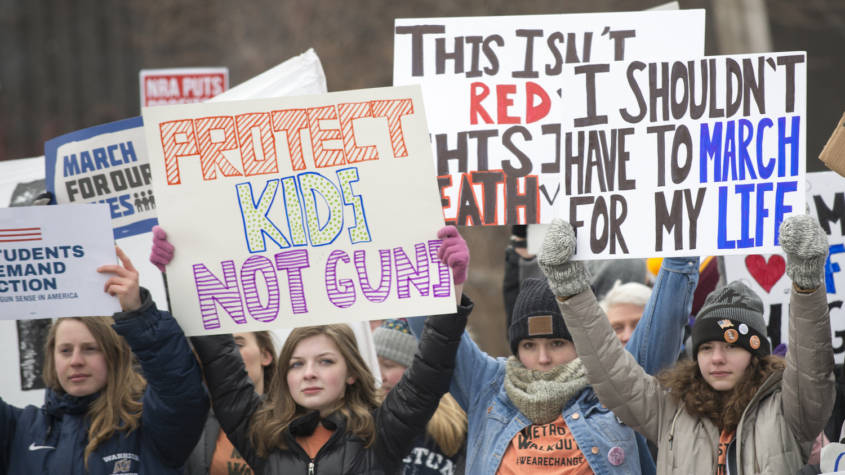
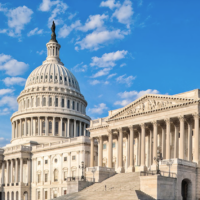
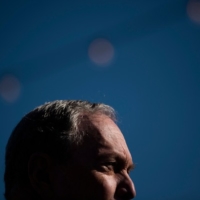
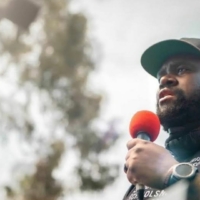

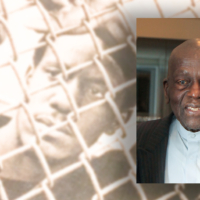


Youth is brimming with sport, age’s breath is short; youth is deft, age is faltering; Youth is hot and strong, age is feeble and cold; Youth is wild, and age is agreeable.